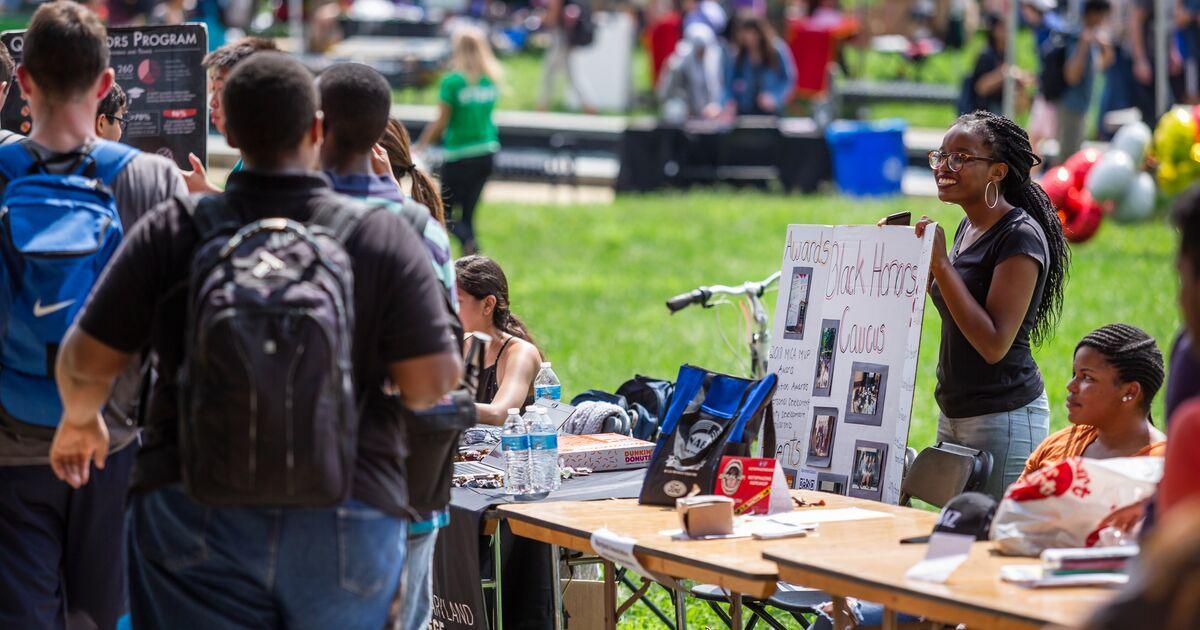Critical Issues Engagement
The Division of Student Affairs puts students at the center of everything we do and we strive to include students in our decision-making whenever possible. The DEI Office works closely with Multicultural Involvement & Community Advocacy (MICA) and with several student identity groups to address the critical issues of historically marginalized students and communities on campus. Currently, these groups include:
- Asian, Pacific Islander, Desi American (APIDA) Community
- Black Grads for Black Lives
- Black Student Leaders
- Jewish Community
- Latinx Community
- Lesbian, Gay, Bisexual, Queer (LGBQ+) Community
- Multi/Bi-Racial Community
- Muslim Community
- Native/Indigenous Community
- Students with Disabilities
- Trans* Community
Student leaders from each of these groups meet regularly with the Division of Student Affairs to coordinate activism and advocacy, plan programs, and advise the DEI office’s work. Students can get involved in a number of ways depending on their comfort level and capacity!
This event creates a shared understanding among community members about the critical issues in order to select the issues that will be prioritized for this year's cycle.
Interested students can volunteer to serve on this subcommittee with SADI’s SADAC subcommittee and DEI staff. The focus of this group is advancing 2-3 identified Critical Issues that intersect across identity groups. Students on the subcommittee will choose subgroups to work on based on the Critical Issues. Using an equity model focused on organizational change (Newsome et al., 2022), each subgroup will conduct research and develop recommendations to address the Critical Issues; these recommendations will be presented to SADI, followed by the AVP for Student Engagement, and the VPSA.
Town Halls occur in December and April with the intention of bringing students and staff together to provide updates on Critical Issues progress, gather feedback on perceived progress, and hear from students about additional rising issues. The End-of-Year Town Hall also serves as a recognition ceremony for students who have engaged in this work throughout the year and an introduction to students who will serve in leadership roles in progressing the Critical Issues and CultureFest in the following year.

